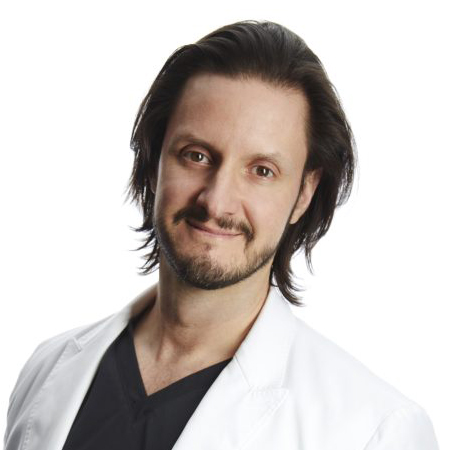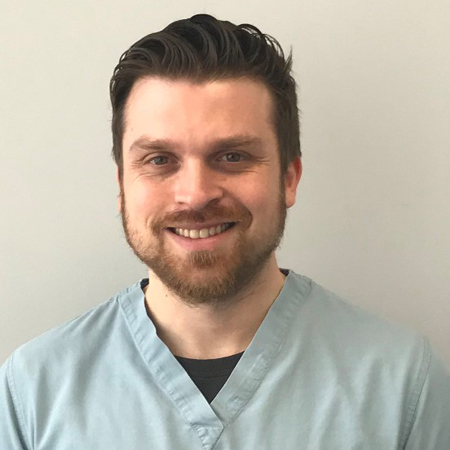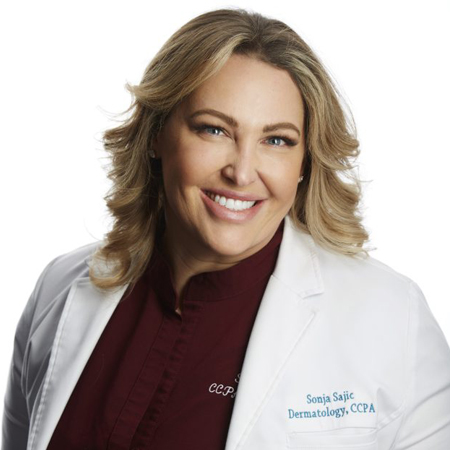
02
Sep
BOTOX® Myths Debunked In Guelph | DeRMA Skin Institute

10 BOTOX® Myths Debunked
Health Canada first approved BOTOX for cosmetic use in 2001 for treating glabellar lines—the vertical lines between the eyebrows often called “the 11s.” In the nearly 20 years since, the number of approved uses for BOTOX has increased significantly. In that time, BOTOX has become practically a household name and the most popular cosmetic treatment in the world. However, certain myths about the wrinkle-reducing treatment persist, and some of our BOTOX patients in Guelph still ask questions that stem from these misconceptions.
In this post, we’ll address 10 of the most common BOTOX myths, and provide the truth so that you can make an informed decision about treatment.
1. My face will look “frozen.”
This myth emerged almost from the time doctors started injecting BOTOX to reduce forehead wrinkles. The frozen look results when injectors miscalculate the dosage and use too much BOTOX, or inject it into the wrong muscles. Experienced injectors such as board-certified dermatologist Dr. Dusan Sajic take a conservative approach to produce the desired results.
2. BOTOX results are permanent.
The results following BOTOX treatments typically last about 3 to 4 months and periodic injections are needed to maintain the results.
3. It stops working after a certain number of treatments.
BOTOX resistance is a situation in which a patient builds up antibodies against botulinum toxin, the active ingredient in BOTOX and injections no longer produce results. This does occur, but it’s extremely rare. Clinical studies show only about 1.5% of patients become resistant to BOTOX.
4. BOTOX and dermal fillers are the same thing.
Even though both are injectables used to minimize signs of aging, BOTOX and fillers work in very different ways and have different active ingredients. Fillers are gels usually composed of hyaluronic acid, a synthetic version of a substance the body naturally produces. Fillers add volume to treatment areas, while BOTOX relaxes targeted muscles. The results of filler injections can last between 9 and 18 months in most cases.
5. BOTOX isn’t safe.
Studies show that BOTOX is remarkably safe when injected by an experienced specialist. Any treatment carries some risks, but complications following BOTOX procedures are rare.
6. Only women get BOTOX.
More men than ever come into our dermatology practice in Guelph for BOTOX injections and other cosmetic procedures. This is especially true as more men work from home and use video conferencing for business.
7. BOTOX injections hurt.
Some patients experience slight discomfort or a fleeting “pinching” sensation which is gone in seconds. Needles used for BOTOX injections are very fine, and most patients require only a few injections.
8. Once you stop BOTOX injections, your wrinkles get worse.
Wrinkles gradually return as the effects of BOTOX wear off, but they don’t become more pronounced. You can maintain a youthful appearance by scheduling periodic treatments.
9. You have to wait for wrinkles to appear before getting BOTOX.
Men and women in their 20s and 30s who want to delay the onset of fine lines and wrinkles are getting “preventative” BOTOX injections. Because BOTOX works by immobilising muscles used to change expressions, the lack of muscle movement helps prevent wrinkles from forming.
10.BOTOX is only used around the eyes and forehead.
The number of approved uses for BOTOX is actually quite significant, including as a treatment for excessive underarm sweating and migraine headaches. Cosmetically, it can be used to create a more defined jawline, minimize chin dimples, and reduce nose wrinkles (“bunny lines”).
These are the myths we most often hear about BOTOX, but we can answer any other questions you may have about nonsurgical wrinkle-reducing treatments offered at deRMA Skin Institute. As a dermatologist in Guelph, Dr. Sajic serves patients from Cambridge, Kitchener, and throughout Southwestern Ontario. Contact us using the online form to request a cosmetic consultation or call us at (888) 803-3762 to schedule an appointment.
Share this Article

Dusan Sajic, MD, PhD

Richard Backstein, MD

Sonja Sajic, CCPA
With more than 20 years of experience, deRMA Skin Institute strive to offer patients the most advanced treatments available to keep their skin healthy and looking its best. Board Certified Dermatologist, Dusan Sajic, MD, PhD, board-certified Plastic and Reconstructive Surgeon, Richard Backstein, MD, FRCSC, and Sonja Sajic, CCPA are committed to providing state-of-the-art medical, surgical and cosmetic treatments to all patients in Guelp, Burlington, Cambridge, Kitchener, Hamilton, Milton, and surrounding areas.
Contact Us
Fields marked * are required
If you are an existing patient inquiring about appointments and services, please contact
Guelph Cosmetic Department: (888) 803-3762 cosmetic@dermaskininstitute.com
Guelph Medical Department: (519) 836-8558 patientcare@dermaskininstitute.com
Burlington Cosmetic Department: (888) 803-3762 burcosmo@dermaskininstitute.com
Burlington Medical Department: (905) 849-5057 burmedical@dermaskininstitute.com


